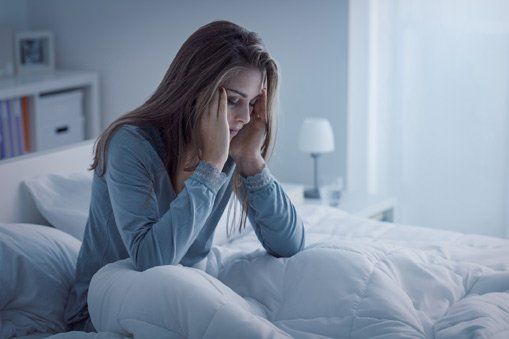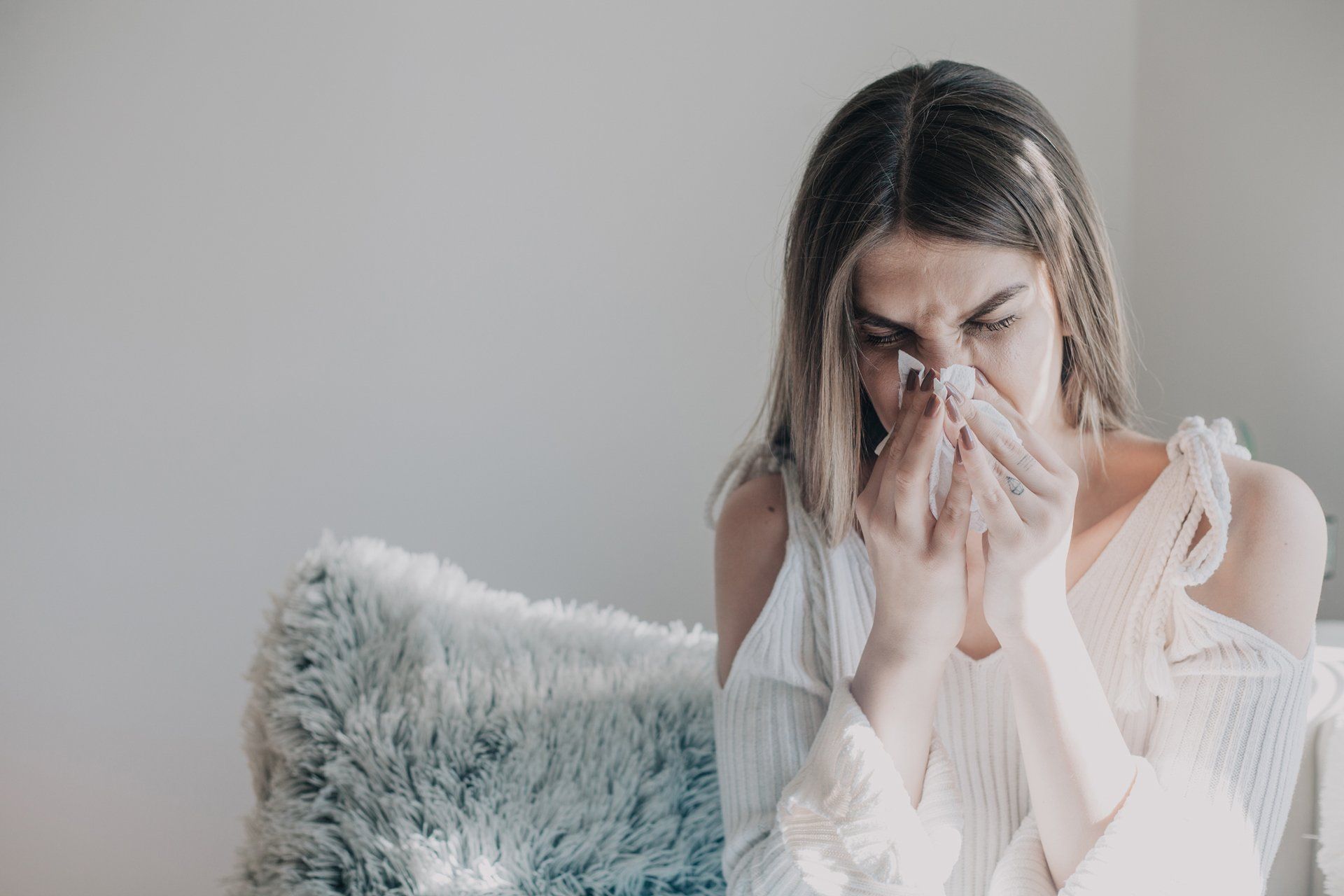6 Do's and Don'ts to Combat Allergy-Related Insomnia

If you suffer from nasal allergies, then this condition could be interfering with your sleep. According to recent research, a correlation between insomnia or sleep disorders and allergic rhinitis exists. Whether you have indoor or outdoor allergies, your quality of sleep may be affected. Fortunately, there are ways to help you sleep better.
This guide lists a few ways you can improve your allergies and your allergy-related insomnia.
1. DO Be Aware of Daily Pollen Counts
If you have hay fever or seasonal allergies, then keep an eye on the pollen count daily. You should plan outdoor activities when the count is low.
In addition, when the pollen count is low, you should open the windows in your home to air out your environment. Uncirculated air may make it harder to breathe, especially when you're trying to sleep.
Conversely, when the pollen count is moderate or high, keep windows closed and use your air conditioning, especially when you sleep.
2. DON'T Smoke or Use Wood-Burning Appliances
Cigarette smoke will circulate pollutants through the air. These irritants may interfere with your sleep, as they tend to block airways and cause other reactions. If you have allergies that are interfering with your sleep, then don’t smoke or allow anyone else to smoke in the home.
Along those same lines, avoid wood-burning fireplaces and stoves. The smoke from these devices releases irritants into the air as well. The airborne particles from the smoke may aggravate your condition and interfere with your quality of sleep. If you suffer from asthma in addition to allergic rhinitis, then you should be especially mindful of this.
3. DO Flush Your Sinuses Before Bedtime
A runny or stuffy nose can make it difficult to fall asleep and stay asleep. A good way to relieve your nighttime symptoms is by clearing out your nasal passages just before you go to bed. You can use a saline spray if you wish. You won't need to be concerned about side effects, as saline sprays are drug-free.
For extremely stubborn nasal congestion, consider the use of a neti pot , which is highly recommended by physicians. The neti pot is a small device made to irrigate the sinuses and nasal passages. Follow the directions on correct use to make sure that the device will help you find relief for your nasal congestion and a better night’s sleep.
4. DON'T Become Dehydrated
If you stay hydrated by drinking adequate water during the day, then you may find that your nasal symptoms are somewhat improved. Drinking water moistens the nasal passages, as well as thins and loosens mucus. If postnasal drip interferes with your sleep, then staying hydrated may help.
Avoid drinking fluids just before bedtime, as this may warrant a few bathroom trips, interfering with your sleep.
5. DO Consider Changing Your Pillow
If you are using a feather and down pillow, then you might want to change it out for something that is allergist-approved. Look for a pillow labeled allergy-free and machine washable. A pillow that helps deter dust mites is a good choice. In addition, choose a dust-mite resistant pillowcase or encasement.
In addition, if you keep your head elevated with an extra pillow, then you may be able to breathe easier. Doing so may improve your sleep, as your congestion may be relieved somewhat.
6. DON'T Forget to Check Humidity Levels in Your Home
Mold, mildew, and bacteria may also trigger your respiratory symptoms. When the humidity in the home is too high (especially during summer), it becomes a breeding ground for pathogens and mold. A dehumidifier can reduce humidity in the home.
Conversely, during the colder months when you use central heating in the home, dry air may make it difficult to breathe and aggravate your symptoms. During this time, you might want to consider using a humidifier in the bedroom.
If the above measures don't resolve your allergy-related insomnia, then you should see an allergy specialist.






